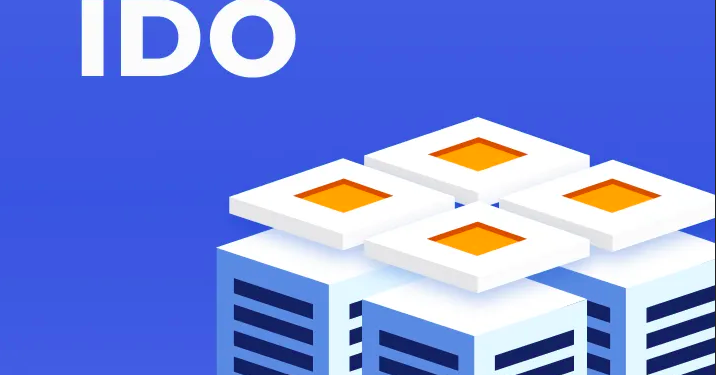Polygon zkEVM is Polygon’s Ethereum-compatible zero-knowledge scaling solution that aims to outpace Visa’s transaction throughput.
Polygon, known as MATIC network, is an interchain scalability solution. Polygon provides an infrastructure for creating blockchain networks that can interface with each other.
It intends to bring the adaptability and scalability of alt chains along with Ethereum’s security, liquidity, and interoperability.
Ethereum is an open-source, distributed blockchain technology. It has its native cryptocurrency called Ether and a programming language called Solidity.
Individual users connect their computers to form a network that can exchange data without a central server called Peer to peer network. This is the basis of most cryptocurrencies today.
Ethereum has EVM a virtual machine is a computer that exists in a software form and can run at a layer of abstraction above its underlying hardware.
Polygon clients execute and cooperate with different Ethereum-based decentralized apps using the Matic Sidechain. MATIC is a lot less expensive and quicker than other networks.
Each Ethereum-based decentralized app can get converted to the Matic Sidechain to work in a more improved climate.
It is used for storing tokens to protect the Polygon network. And for exchange payments.
Venture capital firm Seven Seven Six and Polygon made a 200 million investment initiative dedicated to web 3 social media and games.
The fund will focus on social media and gaming projects built on Polygon, an Ethereum layer-2 scaling solution.
Beyond interoperability Polygon’s design promotes scalability by routing Ethereum transactions through sidechains.
That comes with reduced transaction costs. Users can buy and sell transactions made on the blockchain with less fee.
The deployment also favors holders of MATIC. Polygon’s token can be used to place votes on governance issues as well as pay transaction fees.
Polygon earlier raised 450 million in a funding round.
Many start-ups conduct an Initial Dex Offering [IDO] through an
An Initial dex offering is a crypto token offering run on a Decentralized Exchange. Liquidity pools play an essential role in IDOs by creating liquidity post-sale.
A typical IDO lets users lock funds in exchange for new tokens during the token generation event.
IDOs provide a cheap and simple way for projects to distribute their tokens.
An IDO uses a decentralized exchange to help the token sale. Crypto project provides their tokens to the DEX, users pay through the platform. The DEX completes the final distribution and transfer. This is an automated process and occurs via smart contracts on the blockchain.
IDO Launchpad script is readymade software. IDO Launchpad script can be used to set up and run a custom Decentralized token marketplace.
Investors can choose a different range of projects to invest in with the IDO launchpad script.
IDO Launchpad script has an Investor dashboard to keep track and track the projects that they invested in
IDO Launchpad script has an integrated wallet for users.
Projects built in the Ethereum blockchain can get transferred. Without changing their original code.
zk-rollups is capable of offering faster transaction settlements and, thus, improved capital efficiency—a significant advantage over the technology known as Optimistic rollups.
zkEVM is expected to be deployed on the public test net later this summer, with the mainnet launch slated for early 2023.















